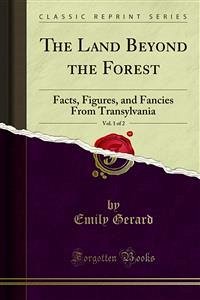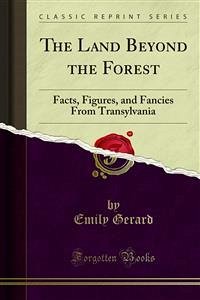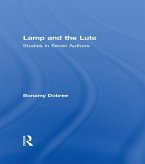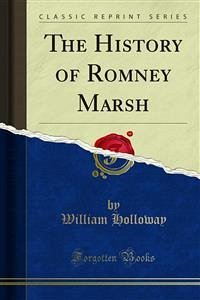The stories are slight, the observations of high society shrewd and yet forgiving, the writing is brilliant in its seemingly effortless unstudiedness. It is very much of its period, yet there is a curious chapter in which Hope digs his quill into the savagery of hunting with an unexpected bit of gender reversal. Humorous dialogues of the flippant bachelor Carter with his flirtatious friend Dolly and other acquaintances.
Bitte wählen Sie Ihr Anliegen aus.
Rechnungen
Retourenschein anfordern
Bestellstatus
Storno









